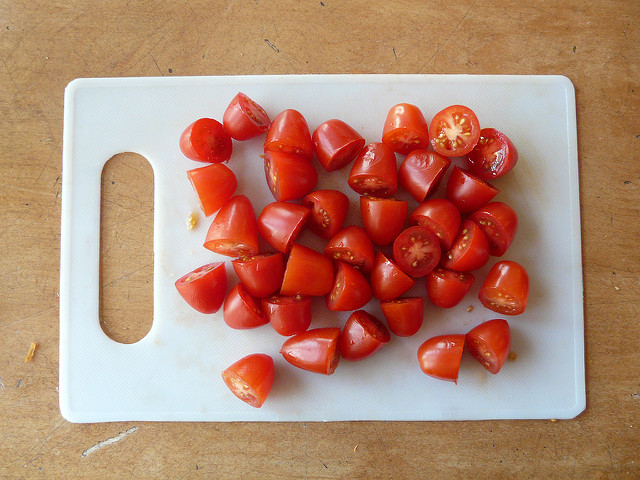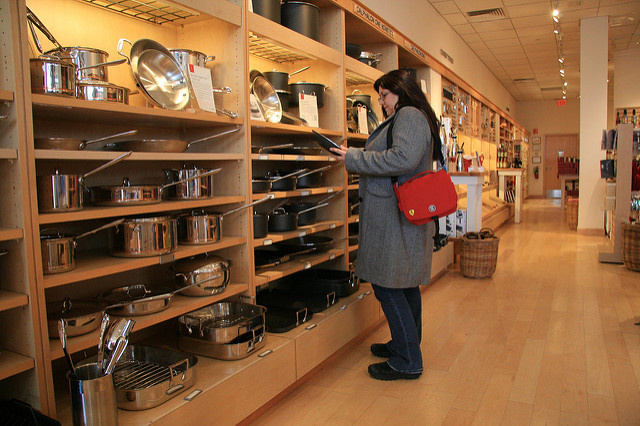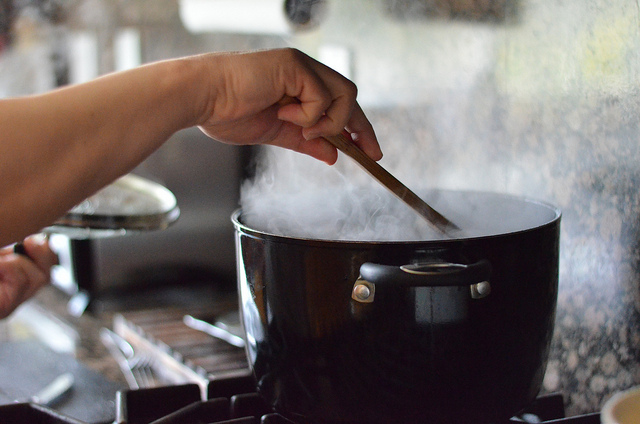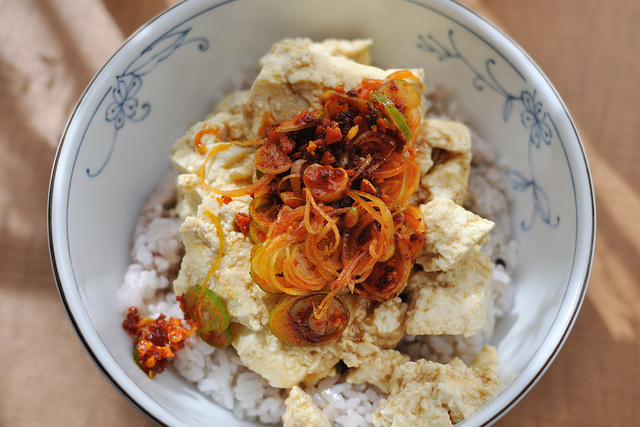With endless cookbooks, blogs and TV shows about food, we are spoilt for choice when it comes to meal ideas. New ingredients and styles are being introduced, and family favorites are also being revamped. It’s no wonder that so many of us want to get into our kitchens and start cooking more. But if you have little to no cooking experience, trying new recipes and meal ideas can be daunting. This is a natural reaction, but it is not something that should hold you back from trying. Remember that everyone has to start from somewhere. Your cooking skills will improve the more you practice and experiment with flavors and ingredients. To help you feel more confident during the learning process, here are some beginner’s tips you should read.
Prepare ahead of time
This might seem like an obvious tip, but you would be surprised just how many people don’t do it. It can be easy to just want to get on with a new recipe, particularly if you’ve had a long day at work. But cooking preparation can help the process go a lot smoother and less stressful. You should read the recipe you are following multiple times to fully retain the information before you begin. It’s best to do this a few days before to ensure you have all the necessary utensils and ingredients available. Reading the recipe will also reduce the risk of mistakes being made and help you get into the right mindset to cook. Always remember to check the recommended number of portions the recipe provides. Once you have done this, you should then prepare your ingredients. They should all be washed, chopped and sliced, then placed on your countertops in an orderly fashion. This might seem time-consuming and unnecessary, but it will make it easier to stick to your timings. Plus it will be harder to make mistakes and overlook important ingredients. Just remember to keep the ingredients separated at this point to avoid contamination.
Only buy gadgets you genuinely need
Kitchen technology, like most things, has advanced significantly in the past decade. You can find gadgets for all kinds of cooking purposes, all designed to make life easier. While many of these gadgets can be extremely useful, it can be easy to get tempted by unnecessary products too. Many people are drawn in by the look of these items rather than their purpose. The last thing you want is to fill your kitchen will utensils and gadgets that you will never use. Not only is this a waste of money, but they will also take up valuable space and time. So when shopping for kitchen gadgets, knives, and utensils, think carefully about what you need. You should also consider the food you eat regularly and ingredients you use. For instance, if you love cheese, this awesome cheese slicer could be an ideal gadget to have. As you are a beginner, try to invest in good quality basics rather than over the top gadgets. You’ll find that you use these more regularly, and they will quickly become something you cannot do without. Don’t feel like you have to buy every gadget available at this point. As your skills and confidence grows in the kitchen, you can then start adding more to your cooking arsenal.
Don’t leave your kitchen
When you’re waiting for your food to cook, it can be tempting to leave it unattended for a few minutes. We all lead busy lives, and there’s always things that need to be done around our homes. But when you’re starting out, it’s vital that you stay put. Anything can happen in a few minutes when it comes to cooking. Your pan could overflow, or your food could burn very quickly. Fires can also break out and develop in little time. So it’s best to keep your eye on it, especially if it’s a recipe you’re trying for the first time. That way in anything was to go wrong; you can handle it before it becomes a major issue. Remember to never leave children or pets alone in your kitchen while food is being cooked. To use this spare time effectively, you can refer to your recipe again and get ready to add the next ingredient. You could also make sure your pan handles are turned to the side and that there are no trip hazards. If you have lots of time to kill, why not organize your kitchen tops, remember to check your food continually.
Learn from each recipe
Sometimes no matter how hard you try the recipe you have chosen just doesn’t work out. You might have over or undercooked something or added the wrong seasoning accidentally. Maybe this recipe isn’t as delicious as you hoped it would be. Some mistakes are unavoidable when you’re just starting out. But don’t let this dishearten you or put you off from trying again. Once you’ve tried a recipe, make notes on how you could improve it next time. Maybe you thought there were too many onions or that the portion size wasn’t big enough. You might need to improve your timekeeping or adjust the heat on your oven slightly. Use this attempt as a learning experience, noting down the positives and negatives. You could write them directly into your cookbook or use post-it notes. You could also create a file of recipe printouts, where you can make alterations and store recipes you want to try in future. If you didn’t like a recipe, don’t discard it straight away. A few adjustments or a change in ingredients or seasoning could make it far better next time. Remember the only way you will improve your skills is by learning from your cooking mistakes.
So whether you want to eat more healthily or just want to improve your skills, these tips will make a world of difference. You should now feel more motivated and capable of trying out those recipes you’ve always wanted to try. One of the best pieces of advice you can follow is always to have fun when you cook. That way it will become more enjoyable, and you’ll learn far more.



